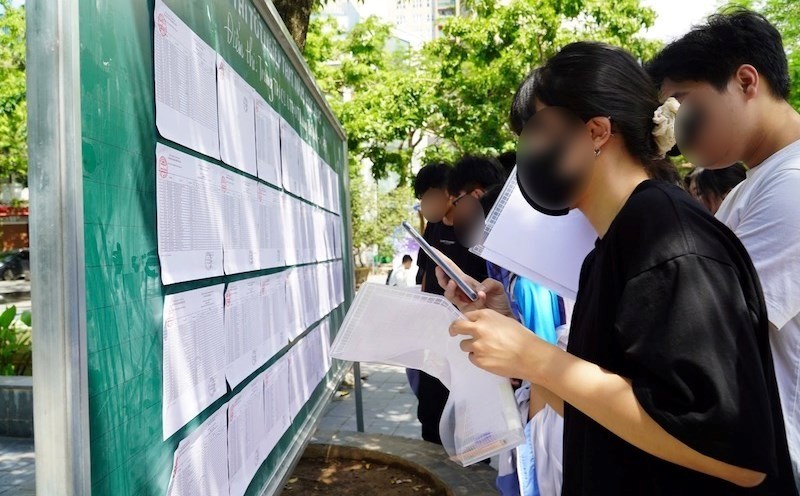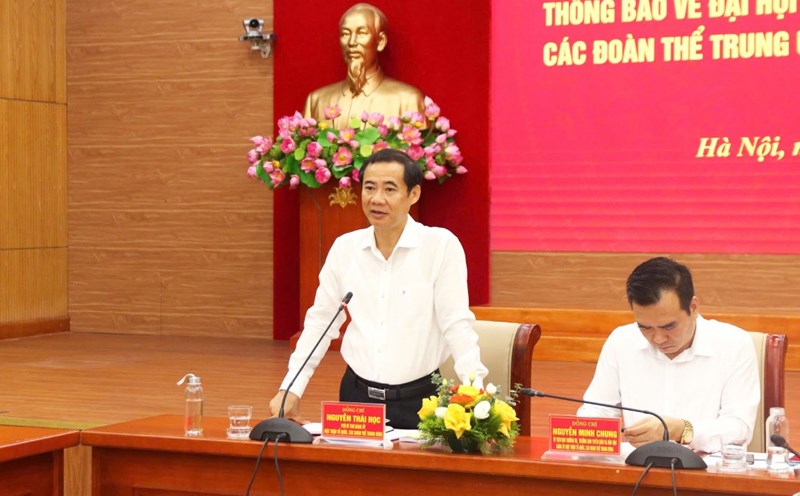The Central Steering Committee on summarizing Resolution 18-NQ/TW has just issued a document on the arrangement of public service units, state-owned enterprises and focal points within agencies and organizations in the political system.
In this document, the content on the orientation of school arrangement clearly states: Arrange and restructure higher education institutions; merge and dissolve higher education institutions that do not meet standards; eliminate intermediate levels, ensure streamlined, unified and effective governance.
This is a completely correct orientation, an inevitable requirement to clean up the system, improve the quality of human resources and restore social trust in education.
It can be imagined that a higher education institution - including colleges - that does not meet the standards has existed for many years but does not meet the following minimum conditions: lack of facilities, a team of lecturers is lacking in both facilities and a weakest, the training program has not been inspected, and student output is low.
There are schools that are considered "deep-level degrees", enrolling at all costs, lowering the entrance standards to survive. Poor scientific research capacity, lax university governance, and lack of financial transparency.
Such a system inevitably reduces quality premises, causing "polluting" the educational environment.
Universities that do not meet this standard will lead to many consequences for society when graduates do not meet business needs, forced to retrain, causing waste of resources. The family lost money and time; the State lost the budget allocated to weak public schools.
More seriously, society is gradually forming a mentality of disregarding the value of degrees, reducing the prestige of the entire education system.
Another manifestation of "no longer meeting standards", very common in recent times is the situation of unpaid wages, insurance debts, overtime teaching debts - most recently the Vietnam - Korea - Quang Ngai College, which owes lecturers overtime debts for 10 years without paying.
Intermediaries need to be eliminated - as the Central Steering Committee's document on summarizing Resolution 18-NQ/TW mentioned - are also very many and endless.
But the most obvious is the school council level in universities. This issue was also "exposed" by Resolution 71 after a period of piloting. Instead, there is a plan to " decentralize" the Secretary and Principal or Director.
This is also the right choice, in line with the trend of streamlining, saving the budget, being clear- minded, focusing back on the core task: teaching - learning - research.
Previously, the School Council was considered a "government reform", but in reality, it created many conflicts, sections, strong leaders, overlapping powers in universities.
The merger and dissolution of schools that do not meet standards; eliminate intermediate levels; streamline governance will help focus resources on truly capable facilities.
And that is a necessary cleaning step, so that Vietnamese higher education has a solid foundation for development, so that students receive the right value from the lectures.












